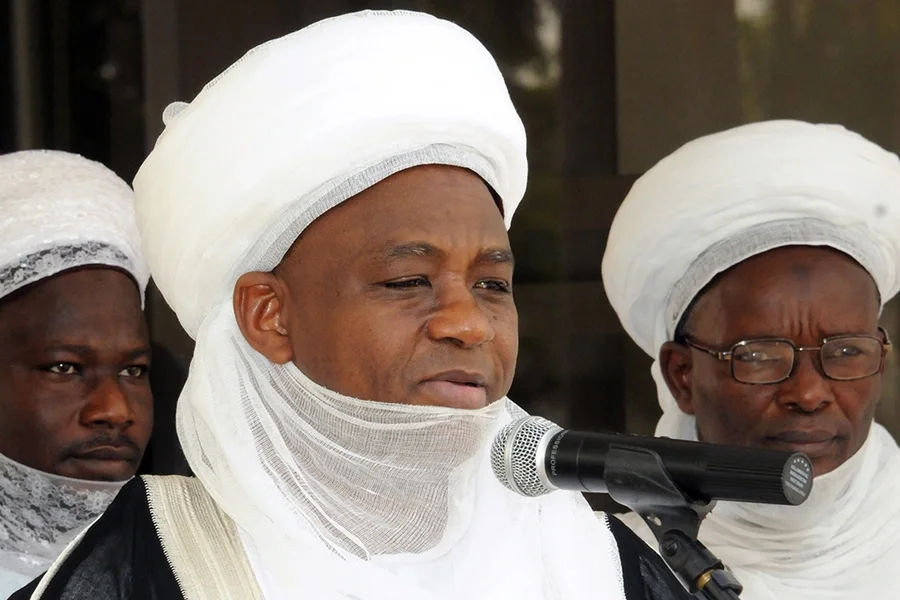The Sultan of Sokoto, Muhammad Sa’ad Abubakar, urged Nigeria’s federal government to regulate social media to combat the spread of false information.
Speaking at the Northern Traditional Rulers Council meeting in Birnin Kebbi,on October 21, 2025, he warned that unchecked misinformation threatens national unity and stability.
“Many Nigerians act on unverified online content, which fuels division,” he said.
The Sultan emphasized the need for laws to control harmful online narratives. His remarks follow a similar plea last week, where he highlighted how divisive posts and inflammatory religious messages erode trust among communities. He stressed that regulation could foster peace by limiting the spread of hate and falsehoods.
Support for Military Efforts
The Sultan praised the Nigerian Armed Forces for their work to restore peace in regions hit by banditry and violence. He credited their efforts for enabling the council’s gathering in Kebbi State.
“Our soldiers risk their lives daily,” he said. “Harsh criticism of their setbacks is unfair and demoralizes them.”
He called for public support for the military, noting their role in stabilizing troubled areas. The Sultan’s defense comes amid debates about security, with some lawmakers pushing for better pay for soldiers to boost morale.
Role of Traditional Leaders
Abubakar Elkanemi, Emir of Borno and Vice Chairman of the council, spoke on the meeting’s theme, “Fostering Community Ties for Enduring Peace in Northern Nigeria.” He stressed the importance of dialogue and collaboration in addressing insecurity.
Traditional rulers, he said, serve as vital bridges between communities and the government, using non-violent approaches to promote harmony.
Elkanemi highlighted how local leaders can mediate conflicts and build trust, complementing security efforts. Their role is crucial in areas where banditry and unrest disrupt daily life, offering a grassroots path to stability.
Context of the Call
The Sultan’s push for regulation stems from growing concerns about social media’s impact. He noted that provocative content, including unverified religious sermons, deepens societal rifts.
Last week, he urged Muslim unity, warning that online platforms often amplify division. His repeated calls signal urgency as Nigeria grapples with polarization and insecurity.
The Birnin Kebbi meeting, attended by Kebbi Governor Nasir Idris, the Minister of Budget and Economic Planning, the Etsu Nupe, and other northern leaders, underscored the region’s focus on peace. The gathering addressed challenges like banditry, which continues to displace communities and strain resources.
Broader Implications
The Sultan’s remarks highlight a broader challenge: balancing free expression with curbing harmful misinformation. Social media’s role in spreading false narratives has sparked tensions, from religious disputes to security concerns. Regulation could help, but critics warn it risks limiting free speech if not carefully designed.
Nigeria’s government faces pressure to act while ensuring policies respect rights. The Sultan’s call aligns with efforts to strengthen security and unity, but it also raises questions about implementation and oversight in a digitally connected nation.
Path Forward
As Nigeria navigates these challenges, the Sultan’s leadership underscores the need for unity. His support for the military and push for regulation aim to foster stability.
Traditional rulers, with their community ties, are key to this effort. The nation watches as leaders work to balance security, dialogue, and digital responsibility to build a more cohesive future.
MORE NEWS: Namibia Confirms First Mpox Case, Declares Outbreak




















